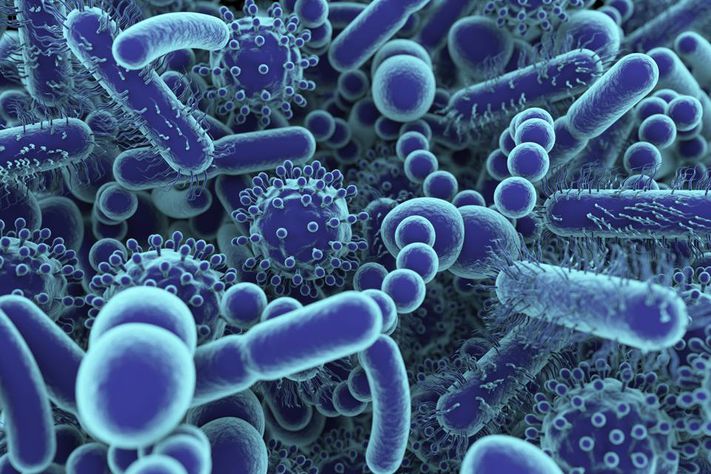A group of researchers based in China and the U.S. studied fecal samples of patients suffering from major depressive disorder (MDD) and uncovered a potential correlation between the gut microbiome and MDD.
For their study, released in Science Advances, fecal samples of more than 300 participants diagnosed with MDD were collected along with nearly 150 additional participants with no mental disorder.
Among each fecal sample, genetic analysis was conducted to spot the microbes within the samples. Gas chromatography-mass spectrometry was also initiated in the samples.
From the findings: “We identified 3 bacteriophages, 47 bacterial species, and 50 fecal metabolites showing notable differences in abundance between MDD patients and healthy controls (HCs).”
The researchers also found, “Patients with MDD were mainly characterized by increased abundance of the genus Bacteroides and decreased abundance of the genera Blautia and Eubacterium. These multilevel omics alterations generated a characteristic MDD coexpression network.”
Given their findings, the research team theorized that MDD may be the result of microbiome disturbances, explaining the presence of increased cytokines and subsequent inflammation exclusively among MDD patients with heightened levels of Bacteroides.
“Our findings provide a deep insight into understanding of the roles of disturbed gut ecosystem in MDD,” the co-authors concluded in their study.


